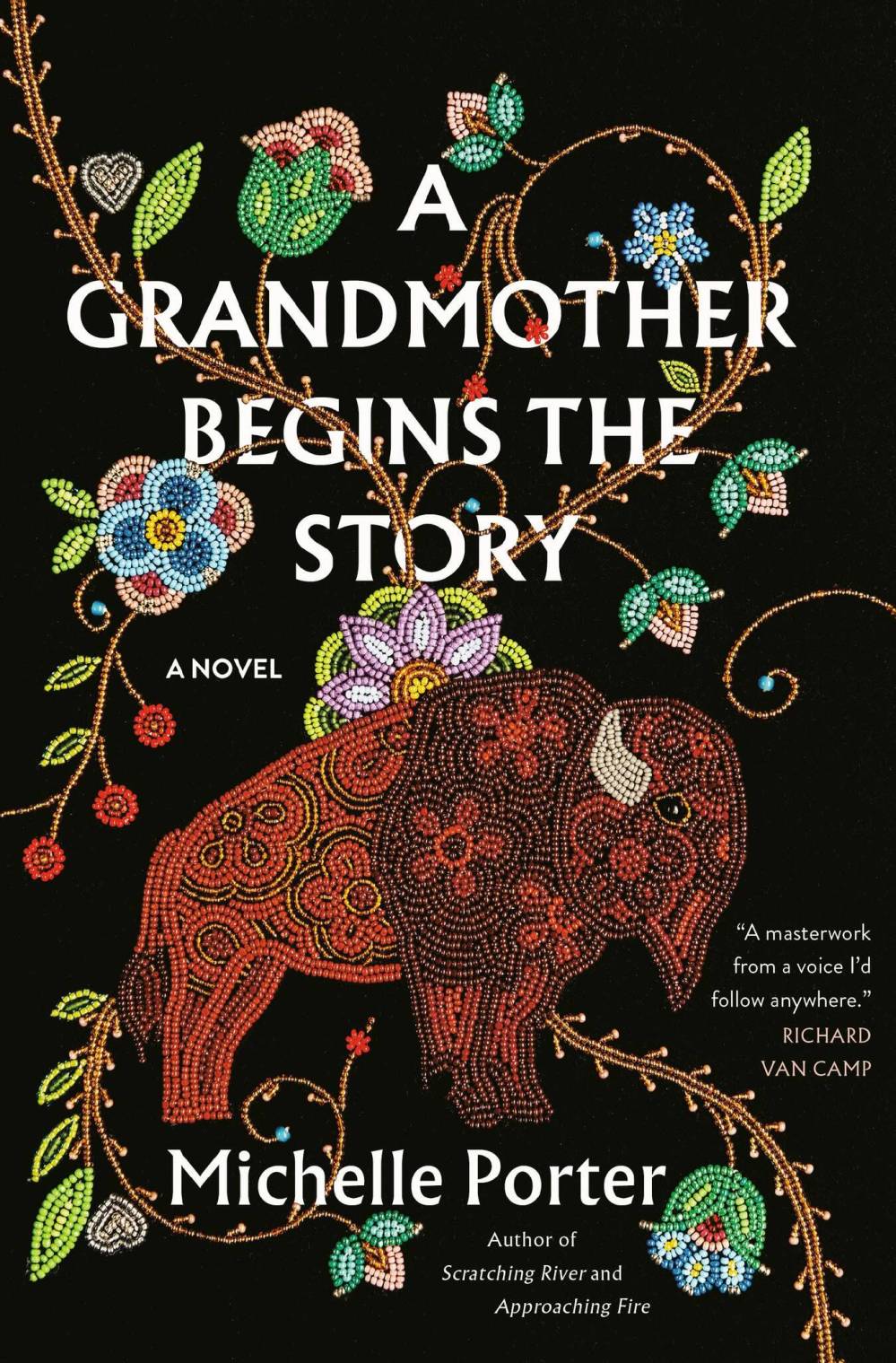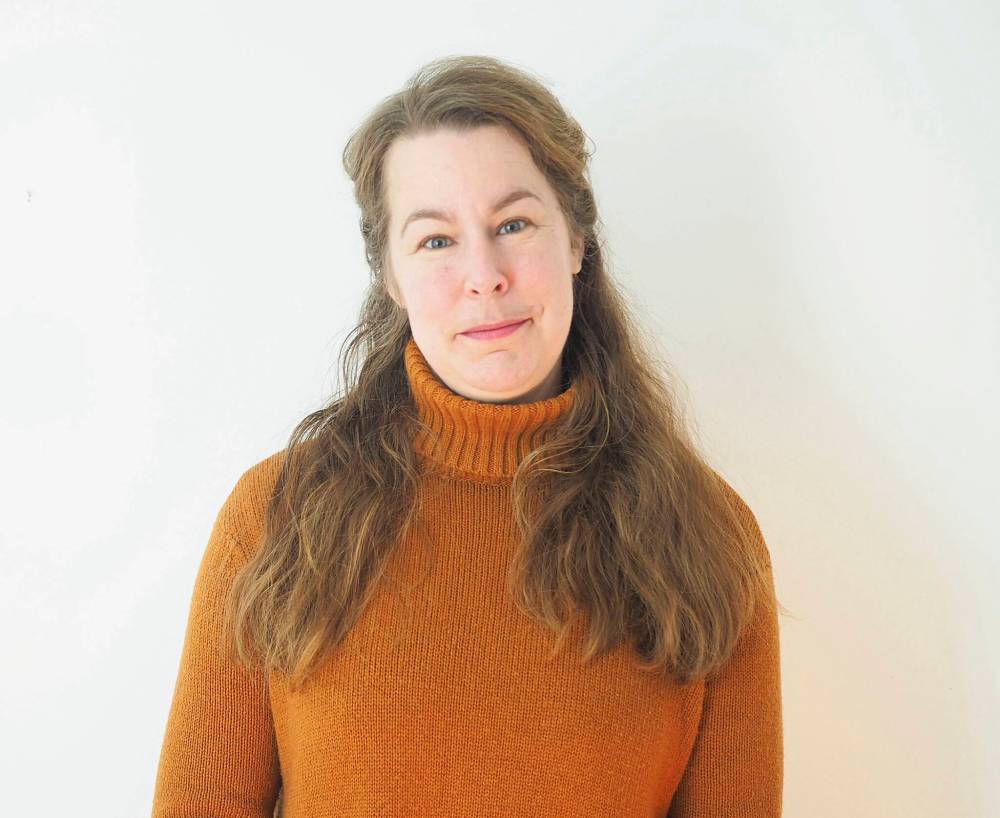
Beautifully crafted and deeply moving, Manitoba-born, Newfoundland and Labrador-based Métis author Michelle Porter’s debut novel is a testament to the strength of Métis women.
Porter may be known best for her poetry, including her 2019 collection, Inquiries.
However, her background includes journalism, two works of non-fiction about her family history (including last year’s Scratching River) and teaching creative writing and Métis literature at Memorial University.
A Grandmother Begins the Story
Porter’s range of experience shows in A Grandmother Begins the Story, a story about five generations of Métis women trying to understand their identities, overcome personal struggles and better connect with each other.
Porter writes in brief, no-nonsense prose that reflects both her journalistic and poetic backgrounds.
The characters take turns speaking, with some chapters only a few paragraphs long.
Carter, a young mother, recently separated from her husband, is struggling to parent her son and to find out what the Métis heritage she only learned of in her teens truly means to her.
“I felt guilty because it wasn’t like I had any sort of life to offer him. I mean, nothing like my ex’s parents, who’d spoil him like crazy, give him his own room, teach him their language and culture. Which is good right? I mean I knew f— all about my own,” Carter tells us.
Allie, Carter’s mother, is trying to make up for her absence from Carter’s childhood and protect Carter from the abuse Allie suffered from her own mother, Lucie.
And Lucie has just reached out to Carter, asking for help to die by suicide so Lucie can join her ancestors in the afterlife.
Great-grandmother Geneviève isn’t much help. Once a heart-stopping beauty and pianist, Geneviève is about to die and just wants to conquer her alcoholism before she goes.
Meanwhile Mamé, the great-great-grandmother, watches over her descendants from the afterlife, unable to rest until her daughters are at peace.
Parallel to the human women’s narratives run the stories of a herd of buffalo, including an angry, motherless calf named Dee who ignores the stories of her aunties and teachings of the Earth at her own expense.
With so many characters, the plot is tricky to follow at times.
Bojan Fürst photo Michelle Porter
As the title suggests, the novel takes a matriarchal view of family.
It’s rare for a novel to lean so heavily on the women’s perspectives. Men play minor roles in the narratives, and almost never positive ones.
Métis traditions such as beading, fiddling, dancing and storytelling serve as constant motifs.
In fact, the shifting perspectives that bring the characters closer to each other are reminiscent of beadwork, where individual pieces come together to form one work of art.
Though their writing styles differ, readers may be reminded of fellow Métis author Katharena Vermette, who in The Strangers and The Break also delves deeply into women’s stories and relies on multiple narratives in a single novel.
A grandmother begins this story; readers should hope Porter continues telling more.
Kathryne Cardwell is a writer and settler in Treaty 1 territory.
If you value coverage of Manitoba’s arts scene, help us do more.
Your contribution of $10, $25 or more will allow the Free Press to deepen our reporting on theatre, dance, music and galleries while also ensuring the broadest possible audience can access our arts journalism.
BECOME AN ARTS JOURNALISM SUPPORTER
Click here to learn more about the project.


